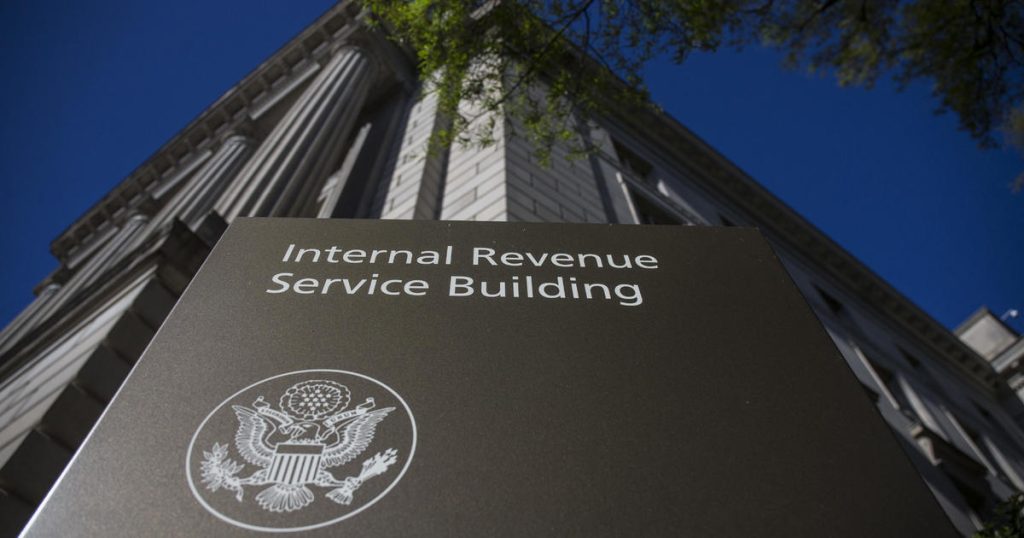Two IRS employees, Gary Shapley and Joseph Ziegler, who were granted whistleblower protections to share concerns about the government’s alleged mishandling of the investigation into Hunter Biden are asking a federal judge to dismiss a civil lawsuit brought by Hunter Biden against the IRS. The whistleblowers claim that the IRS has a conflict of interest in defending their decision to speak out publicly and to Congress about their experience investigating the president’s son under the Whistleblower Protection Act, which grants them the right to discuss information they believe constituted gross mismanagement and abuse of authority.
In the civil case brought by Hunter Biden against the IRS, Shapley and Ziegler are not named as defendants but are accused of being part of a “campaign to publicly smear” Hunter Biden by divulging confidential taxpayer information. The lawsuit alleges that the IRS agents targeted and sought to embarrass Hunter Biden by disclosing confidential tax information to the media. Shapley and Ziegler argue that they should be allowed to participate in the case to defend their actions and that the case should be dismissed because they carefully avoided disclosing confidential taxpayer information and acted in accordance with whistleblower statutes.
The Department of Justice declined to comment on the filings, and neither the IRS nor attorneys for Hunter Biden have filed a formal reply to the requests by the two agents. U.S. District Court Judge Rudolph Contreras will decide if they can intervene after Biden and the IRS respond to the requests. Shapley previously came forward in an interview with CBS News to raise concerns about special treatment in the investigation of Hunter Biden and was prevented from taking routine steps in the IRS investigation, according to Shapley. The Justice Department denies claims of special treatment, while Hunter Biden’s legal team has not responded to requests for comment.
Strict laws govern the confidentiality of taxpayer information that IRS employees must follow, and both Shapley and his attorneys took precautions when deciding to speak publicly about the investigation into Hunter Biden. The lawsuit against the IRS cites specific statements made by Shapley and an attorney during interviews where they allegedly disclosed the existence of the investigation without Hunter Biden’s consent. The two agents dispute these claims and argue that the IRS failed to seek a full dismissal of the lawsuit and instead sought to dismiss claims based on alleged disclosures made by non-IRS employees, such as Shapley’s attorney. Hunter Biden’s lawsuit seeks damages for unauthorized disclosure of information.
Overall, the case involving the IRS whistleblowers, Hunter Biden, and the IRS highlights the complexities surrounding allegations of mishandling investigations and the protection of taxpayer information. The whistleblowers have invoked their rights under the Whistleblower Protection Act to speak out about their concerns, while Hunter Biden’s lawsuit accuses them of targeting and embarrassing him by disclosing confidential information. The court will have to determine the validity of the claims made by both parties and whether the whistleblowers have the right to defend their actions in court.


